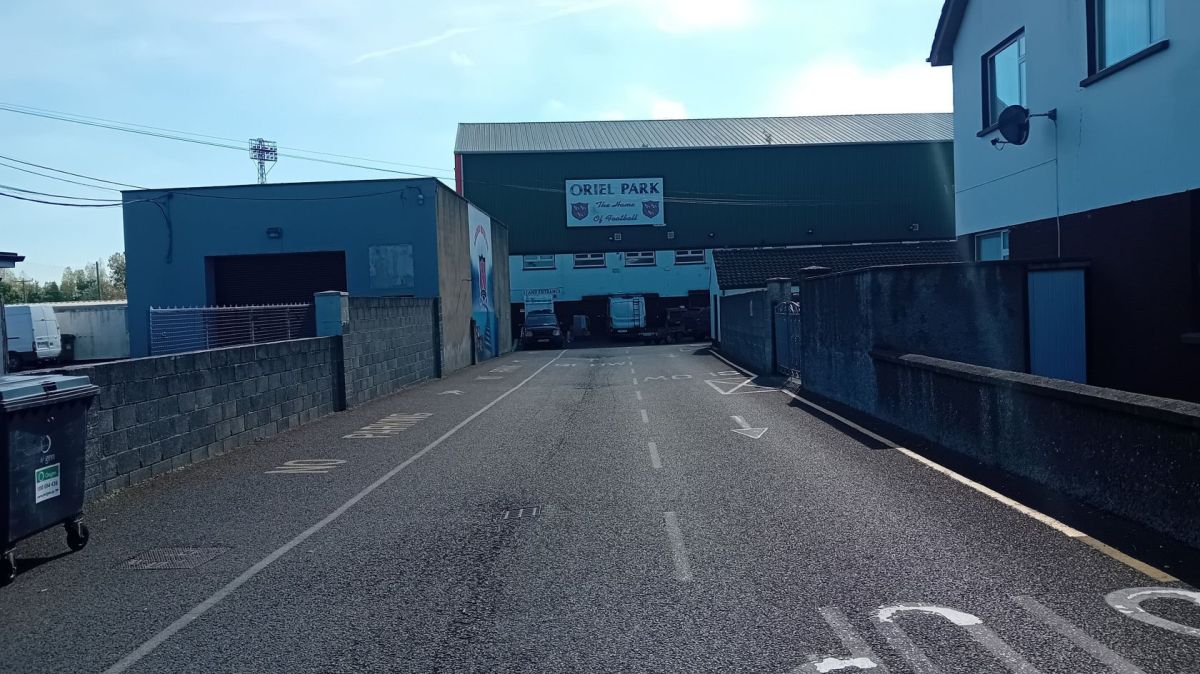Despite inflation easing from its 2023 peak, food and drink prices rose by 4.5% in the 12 months to June, the fastest rate since February 2024.
The Henderson Group, which operates well-known retail brands like Spar and Vivo, says cost pressures remain persistent. Niel Gamble, the company’s Chief Financial Officer, described the current environment as “tough,” with no sign of food inflation slowing. He predicts prices could climb up by 5% before the end of the year.
This trend is already changing consumer habits. According to Gamble, people are shopping less frequently but purchasing more per visit, a sign of cost-consciousness during a sustained cost-of-living crisis.
Several factors are driving these price increases. Globally, the cost of commodities like cocoa, coffee, and butter has surged, while local cost pressure – including higher wages and national insurance contributions – have raised operating expenses. The company’s energy costs also remain well above 2022 levels.
Retailers are attempting to balance affordability with profitability. Henderson Group reviews prices weekly and works with suppliers to manage the impact on consumers, though Gamble amidst it’s a “difficult balance.”
Shoppers across Northern Ireland are feeling the strain. Pensioners, students, parents, and workers alike report cutting back on full grocery trips, seeking cheaper alternatives, and prioritising essentials. Many say their money simply doesn’t go as far as it used to.
One shopper states, “It never used to make much of a difference, but now that I have less disposable income, I look at every price.”















